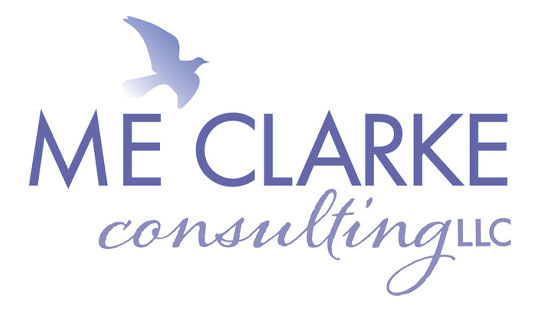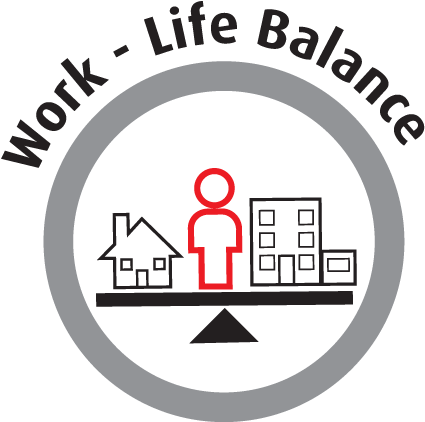Does your team have a trust problem?
“Trust is the glue of life. It’s the most essential ingredient in effective communication. It’s the foundational principle that holds all relationships.” ~ Stephen Covey
As Stephen Covey says, ‘trust is the glue of life.’ We cannot work effectively with other people when there is an absence of trust. In our work, we make the important distinction between predictive trust and vulnerability based trust. Predictive trust is just what it sounds like – you have a level of trust with someone where you know they will get things done, meet their deadlines, show up to meetings, and the like.
Vulnerability based trust is a deeper level of trust where you are willing to say to your colleagues that you made a mistake, or you didn’t show up well to a meeting, solicit feedback, offer feedback, seek advice from someone who does something better. The opposite of vulnerability based trust is what most of us loathe in the workplace – power struggles, politics, cutthroat behavior, hiding mistakes, and a lack of personal accountability – essentially, the hallmarks of a toxic workplace.
It’s easy to generate a list of what trust is and isn’t, and much more difficult to put it in practice. What usually trips people up is making our ability to trust dependent on how another person acts. You see, trusting ourselves is fundamental to our ability to trust others. The thing about trust (like most things in life) is that when we make it about the other person, we unintentionally put ourselves in a powerless position (effect) and may inadvertently compromise ourselves. Trusting ourselves requires that we stand in our own integrity and the confidence that we can navigate whatever comes our way. This confidence allows us to offer a point of view, contribute, engage in a hard conversation and healthy conflict, make the decision, etc. All of these are essential to a productive workplace.
Take note: this does not happen in a vacuum and outside of power dynamics that are a natural consequence of working in teams and organizations. But hinging our own agency on the external environment doesn’t serve us well. We invite you to notice those moments where you may be abdicating your ability to show up fully and authentically with other people.
Lack of trust on your team impacts productivity, agility, ability to innovate, make decisions, problem solve, and whether people have a positive experience at work…all of which hits your bottom line.
Ready to build trust on your team? We can help.









Leave a Reply
Want to join the discussion?Feel free to contribute!